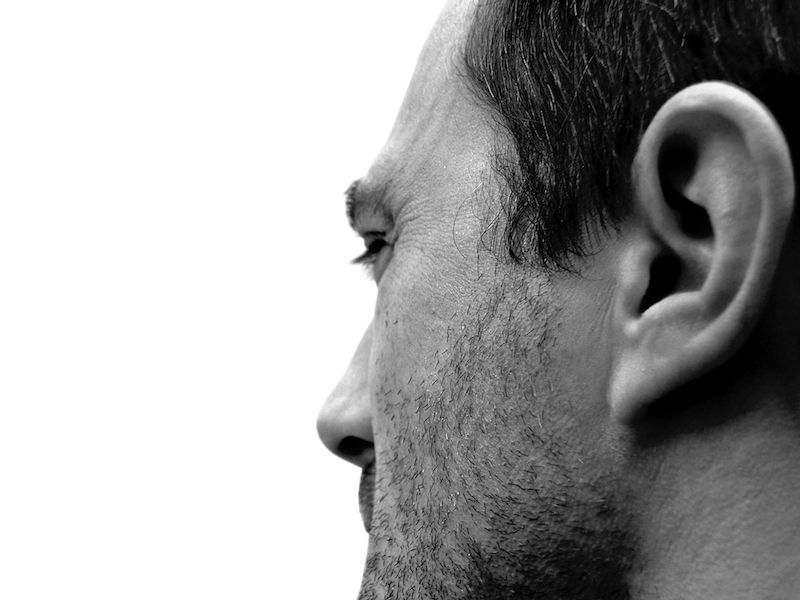
There is an inconsistency in tinnitus symptoms; it seems difficult to know why and when these sounds occur. Perhaps you’re climbing into bed one night and, apparently out of nowhere, your ears begin to ring something fierce. No matter how long you lie there and think about the reason why you’re hearing this buzzing, you can’t identify any triggers during your day: no noisy music, no shrieking fire alarms, nothing that could explain why your tinnitus chose 9 PM to flare up.
So maybe it’s the food. Ordinarily we don’t connect the idea of food with hearing, but there’s a bit of research and evidence to suggest that tinnitus can be made worse by certain foods. In order to avoid those foods, it’s important to recognize what they are.
Which Foods Worsen Tinnitus?
Let’s just cut right to the chase, shall we? You would like to know which foods you should steer clear of so you can make sure you never have to experience one of those food-generated tinnitus attacks again. Here are some foods to stay away from:
Alcohol
At the top of the list of things to steer clear of are tobacco and alcohol. You will absolutely want to abstain from drinking and smoking in order to lessen your chance of a tinnitus episode even though tobacco isn’t really a food.
Both tobacco and alcohol products can have a substantial effect on your blood pressure (not to mention your total health). The more you indulge, the more likely a tinnitus flare up will be.
Sodium
One of the top predictors of tinnitus episodes is your blood pressure. When your blood pressure goes up, your tinnitus worsens. That’s why when you create your list of foods to avoid, sodium needs to be at the top. Whether you love french fries or just put salt on everything, you’ll want to cut way, way back.
There are certain foods that you don’t typically consider high in sodium like ice cream. You’ll want to watch out for sodium levels in anything you eat to prevent a surprise tinnitus event.
Fast Food
It shouldn’t be shocking that you should stay away from fast food if you are avoiding sodium. The majority of fast-food restaurants (even the ones that bill themselves as a healthier alternative) serve food that is packed with salt and fat. And, again, that’s going to have a huge impact on your blood pressure and, therefore, your tinnitus. Let’s not forget the huge drinks they serve that are very high in sugar. Which brings us to the next food you should avoid.
Sugars and Sweets
We all love candy. Well, maybe not everyone, but most of us. There is a very small percentage of the population that would actually prefer vegetables. We try not to judge.
Sadly, sugar can really throw off the equilibrium of glucose in your body. And a tiny disturbance of your glucose balance can cause you to have a hard time trying to sleep. And the more you toss and turn, the more you start listening for that buzzing and ringing.
Caffeine
So, we saved this one for last because, well, we get it. This is the one we’re least positive about needing to eliminate. But your sleep cycle can be dramatically affected if you have any kind of caffeine later in the day. And the worse your quality of sleep, the more your tinnitus is likely to flare up.
So it’s not actually the caffeine itself that’s the issue, it’s the lack of sleep. Drink your coffee or tea in the morning, and switch to a non-caffeinated drink before dinner.
What Are Your Smartest Practices?
This is definitely not an exhaustive list. Let’s remember that dietary adjustments impact everyone in a different way, so in order to monitor what is working and what isn’t, it might be a smart idea to keep a food journal.
Moving ahead you will have an easier time making practical decisions if you know how particular foods affect you. When you start tracking what you eat, and what happens to your ears subsequently, you may begin to notice patterns, and that can remove some of the mystery out of your tinnitus symptoms.
Then you will appreciate if you are going to regret that late cup of coffee.
